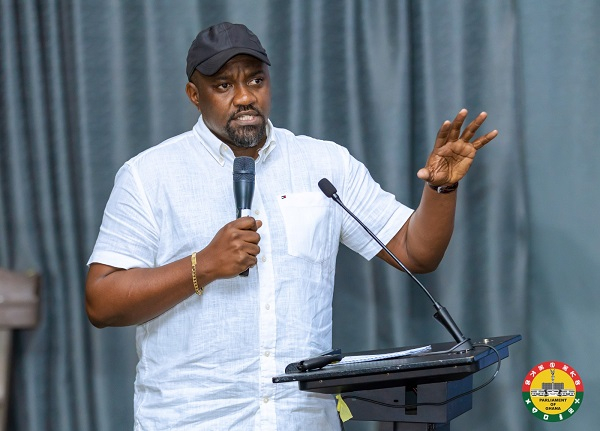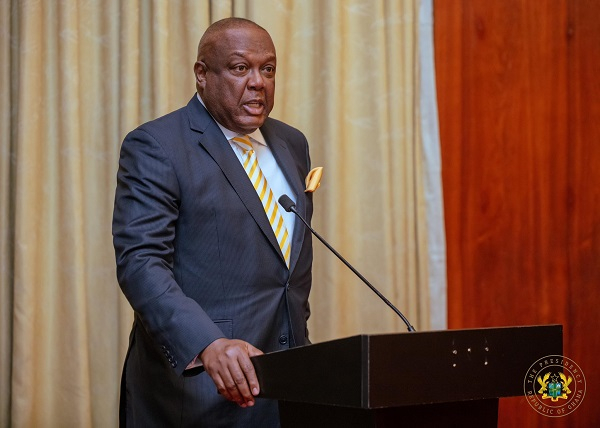A dramatic confrontation unfolded in the Dunkwa Constituency of Ghana’s Western Region when the National Democratic Congress (NDC) constituency chairman reportedly led community members in an attempt to prevent an anti-illegal mining taskforce from carrying out its operations.
According to a report by JoyNews, the chairman firmly opposed the government’s advisory team, which was on a fact-finding mission to assess the impact of illegal mining (galamsey) in the Western and Central Regions. He insisted that the taskforce had no right to operate within his jurisdiction without prior consultation. This led to heightened tensions between the taskforce and the local residents, many of whom are believed to be directly involved in illegal mining along the Offin River.
Eyewitness accounts indicate that community members swiftly mobilized and blocked key roads leading to the mining sites, effectively stalling the taskforce’s movement. The standoff escalated further when some community members threatened to physically confront the heavily armed military personnel who were accompanying the government team. The presence of armed security forces, however, prevented the situation from degenerating into full-blown violence.
This incident highlights the deep-rooted tensions between local communities and authorities in the ongoing fight against illegal mining in Ghana. Despite government efforts to curb galamsey due to its devastating environmental consequences, many communities continue to resist these operations, citing economic dependence on mining and inadequate consultation by authorities. The actions of the NDC chairman raise concerns about political involvement in illegal mining and the challenges facing law enforcement agencies in tackling the menace.
The standoff in Dunkwa underscores the urgent need for a more inclusive approach to tackling illegal mining—one that involves clear communication with local leaders, alternative livelihood programs, and sustainable enforcement strategies. The government, stakeholders, and political figures must collaborate to find lasting solutions that balance economic survival with environmental conservation.















